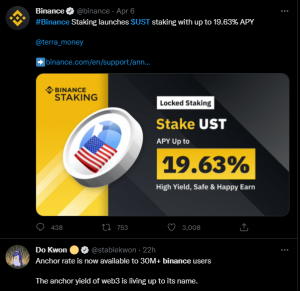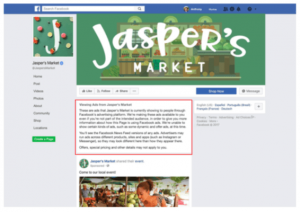
Customer Success is a relatively nascent term, having emerged as a more critical role with the shift in focus towards customer engagement and satisfaction by SaaS companies. Given Customer Success is still in early days, there is not necessarily a set of “best practices” for how to compensate your Customer Success team. A lot of the literature available today offers helpful suggestions, but often carries a disclaimer to the effect of “results may vary”. While it’s true that there is no one-size-fits-all solution for any problem in business, it is still possible to break down Customer Success compensation to analyze the underlying strategies behind different compensation structures. I’ve outlined the 4 ways in which you can think about compensating your CS team below.
Base Salary: In my opinion, this strategy does not align your CSM with their goals or the Customer Success team’s goals. If you believe that the Customer Success team should have a direct impact of driving incremental revenue and reducing churn, a base salary only compensation is simply insufficient.
Thus, I’d like to spend the rest of this post discussing the pros and cons to bonus and variable compensation structures. Both of which are naturally more conducive to the goals of a Customer Success department.
Bonuses: Bonuses provide flexibility to align the individual’s or team’s goals with the Customer Success goals of your company – retention/churn, cross-selling, and upselling. However, the shortcomings of a bonus structure are generally associated with it acting as a cap to payout. For example, if a team of 4 receives $ 1,000 per person for surpassing their cross-selling quota, but achieved a cross-sell that was responsible for $ 5,000,000 in revenue last month, it is doubtful that they will feel adequately rewarded.
Variable Compensation: At a very basic level, variable compensation allows a company to more directly reward Customer Success revenue generation. A variable plan works by breaking down compensation into a base salary and a variable salary. The variable side will only be rewarded upon completion of certain KPI’s, but is typically much larger than a bonus, optimally comprising about 30% of an employee’s pay. That 30% can then be further segmented to weight different objectives, for example, renewals, upsells, or Net Promoter Score. However, these plans should be kept simple, as employees tend to ignore incentives that are too complex.
Variable + Commission: One final option to consider on top of a variable pay structure is some form of commission incentive. Directly tying a small portion of compensation to commission from cross-selling or upselling may push employees to go the extra mile even once their goals are met. The addition of commission is specifically well suited for organizations that rely heavily on higher ROI per customer. A potential drawback with this add-on is that it will turn Customer Success representatives into salespeople. It is important to balance accordingly to avoid this, not relying on commission too heavily. A balanced model using all of these factors may look as follows: 70% base salary, 30% variable salary, and 5% commission for cross-sells/upsells independent of the other components.
The most important tenant of any Customer Success compensation strategy is that your plan aligns with your objectives for a given team of employees. Does your Customer Success representative focus 90% of their time on retention because you aren’t ready to start upselling yet? Then their pay needs to be mostly tied to churn statistics. Is your business focused on cross-selling for incremental revenue? Then perhaps there should be a commission incentive to push the team’s focus in that direction. Clearly, base salary alone is not sufficient for a Customer Success role similar to the way it’s not sufficient for a sales role; it does not directly reward over-performance for employees who have a direct hand in revenue.
Business & Finance Articles on Business 2 Community(118)







